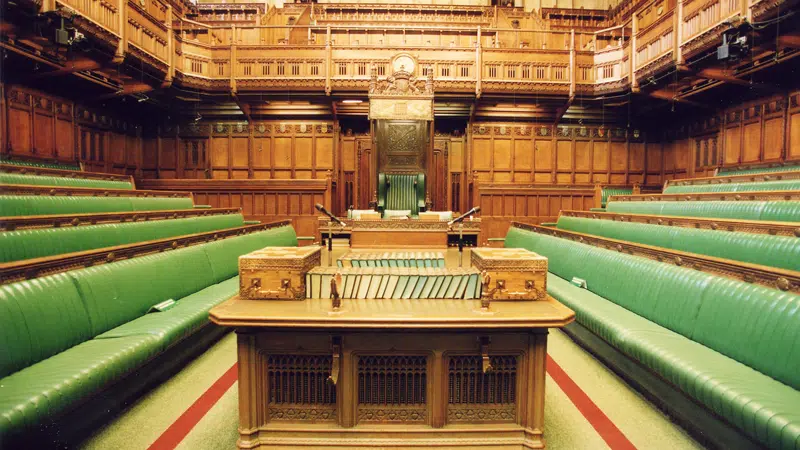MPS DEFEAT ‘CONVERSION THERAPY’ BAN, BUT THREAT REMAINS

The latest attempt to ban ‘conversion therapy’ failed in the House of Commons last week.
Lloyd Russell-Moyle’s Private Member’s Bill was strongly opposed by a number of MPs, who made powerful speeches criticising it for threatening to prosecute parents who discourage their children from changing gender. They also warned against catching church leaders who counsel church members against abandoning their marriage in favour of a gay relationship.
Its lack of clarity on key issues such as the definition of ‘transgender’ was also raised as a concern.
Paul Bristow MP mentioned the case of “a married man who is told by a pastor or imam that he should stay with his wife and remember the promises he made to God”.
“If he explains that he is attracted to another man, would it be illegal to say, ‘Remember your marriage vows, remember the children you have and remember the promises you made in front of God’?” the MP asked.
Former Home Secretary Suella Braverman said that she could be criminalised for telling her children a person cannot change his or her sex.
Speaking on behalf of the Government, Maria Caulfield MP said the Bill risked “creating a chilling effect on clinicians”. She added that by including “suppression” within the offence it could criminalise “a religious leader [who] supports an individual who wants to manage their same-sex attraction in order to align with their individual religious belief”.
The Bill did not secure a Second Reading as 100 MPs did not show up to support it. This means it will not proceed.
However, Caulfield reiterated that the Government intends to bring forward its own proposals after the publication of the Cass Review, which is examining gender identity services for children and young people, in the coming weeks. A consultation on that draft Bill would likely take us up to the election, leaving its fate with the next Government, likely to be a Labour one.
The Government may be thinking that by publishing a draft Bill it can steer the debate towards something that would be more sensible than what Labour would produce off its own bat.
Nonetheless, at C4M we question why a new law, with all the evident risks set out again by MPs last week, is necessary at all. As Miriam Cates MP said: “Despite the wide range of views expressed in the debate, we still have not established what it is that is not yet illegal but should be made illegal.”
One thing at least is clear: it must not become a crime to stand up for real marriage or the timeless truths of human biology.
STOP PRESS: Press reports suggest that a new definition of extremism could cover supporters of same-sex marriage. More news soon.
